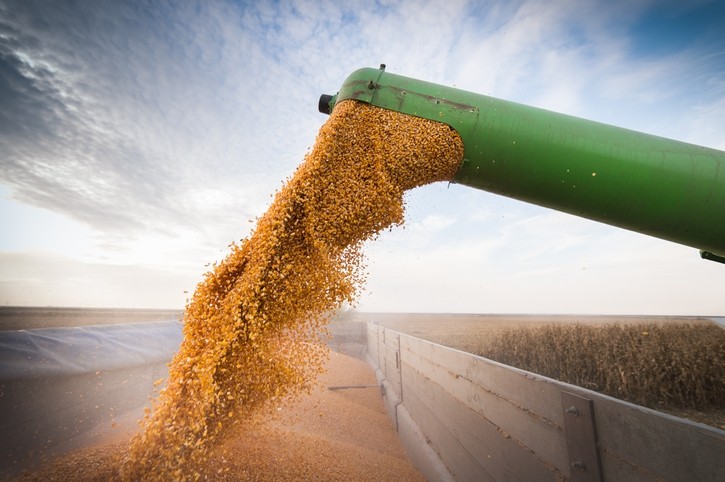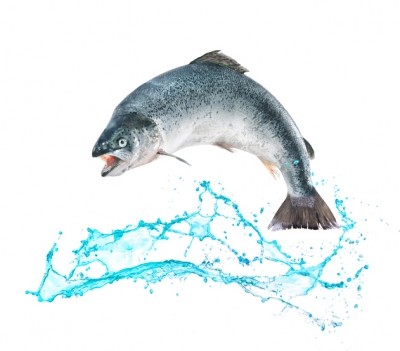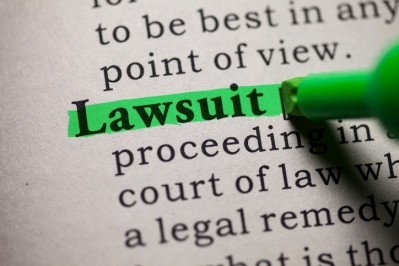Syngenta, feed grain producers seek court OK on $1.5bn settlement

The lawsuit relates to the sale of strains of genetically engineered corn, that had been approved for use in the US, but were not approved in China – a major export market for US grain producers. When traces of the corn strains were found in exported grain shipments, producers allege that the export market to China was damaged.
Lawsuits against Syngenta started in 2014 regarding the company’s responsibility in what some allege was a premature release of the grain types. In addition to feed grain growers and stakeholder groups, some companies including Cargill and Archer Daniels Midland Company also brought cases.
The agreed-upon settlement documents were filed Monday in the US District Court for the District of Kansas.
The agreement for the national class action lawsuit covers several groups of producers including corn producers, farmers, crop share landlords, grain handling facilities and ethanol plants, according to court documents.
The four co-lead and class counsel lawyers for the producers’ group said they were happy with the result.
“We are very pleased with this outcome,” they said in a statement provided to us. “Through no fault of their own America’s corn farmers and related businesses were hurt economically and this settlement will provide fair compensation for their damages. It is an equitable result for all involved.”
The settlement also does not “constitute an admission by either side concerning the merits of the parties’ allegations and defenses,” Syngenta told us in a statement on the case.
Settlement details
A pending settlement was announced in September, 2017, said Syngenta. However, having lawyers for the producers’ group file a motion for preliminary approval of the settlement is the next step.
The case now waits for judicial permission before potential claimants are notified about the terms and additional steps in the process, the company said in a statement to us.
“If the proposed settlement is approved by the Court, Syngenta will contribute a total of $1.51bn to a settlement fund that would be used to make payments to eligible participants and to cover the costs of administering the settlement, including any court-approved award of fees to plaintiffs’ counsel,” the company said. “The plan for allocating the proceeds of the settlement will be developed by plaintiffs’ lawyers under a process to be approved by the Court.”
In the settlement documentation, all the members of the lawsuit have agreed that it is in their best interests to move forward with the settlement and cooperate, according to court documents.
Counsel for the corn producers and industry groups have decided that it is more logical to agree to a settlement, according to court documents. “It would be in the class Members’ best interests to enter into this agreement to avoid the uncertainties, burdens, risks, and delays inherent in litigation and subsequent appeals and to assure that the substantial benefits reflected in this Agreement are obtained for Class Members in an expeditious manner; and, further, that this agreement is fair, reasonable, adequate, and in the best interests of the representative plaintiffs and the class members.”
Additionally, “Syngenta, despite its belief that it has strong defenses to the claims described in this agreement, and in the interests of its ongoing business in the corn industry in the United States, has agreed to enter into this agreement to reduce and avoid the further expense, burden, risks, and inconvenience of protracted litigation and subsequent appeals and to resolve finally and completely Representative plaintiffs’ and other class members’ claims,” according to court documents.
“Therefore, the parties agree that the MDL actions, as well as related actions pending in other jurisdictions, filed by class members, shall be settled, compromised, and/or dismissed with prejudice on the terms and conditions set forth in this Agreement, without expenses to Syngenta (except as provided in this Agreement), subject to the Court’s approval of this Agreement as a fair, reasonable, and adequate settlement,” according to the settlement document.
At this point, Syngenta is continuing to focus on work with agricultural development, the company said. The company, “continues to believe that American farmers should have access to the latest US-approved technologies to help them increase their productivity and crop yield,” it said.
It added that the initial launch in the US of the corn strains Agrisure Viptera and Agrisure Duracade, which were involved in the lawsuit, was an attempt to provide the most current technology. “There is no dispute these products were fully approved by all U.S. regulatory authorities at the time of their launch,” the company said.
Previously, ADM reported that it had reached a private settlement with Syngenta on the matter. However, a lawsuit with Cargill continues and a court date has been set for September.












